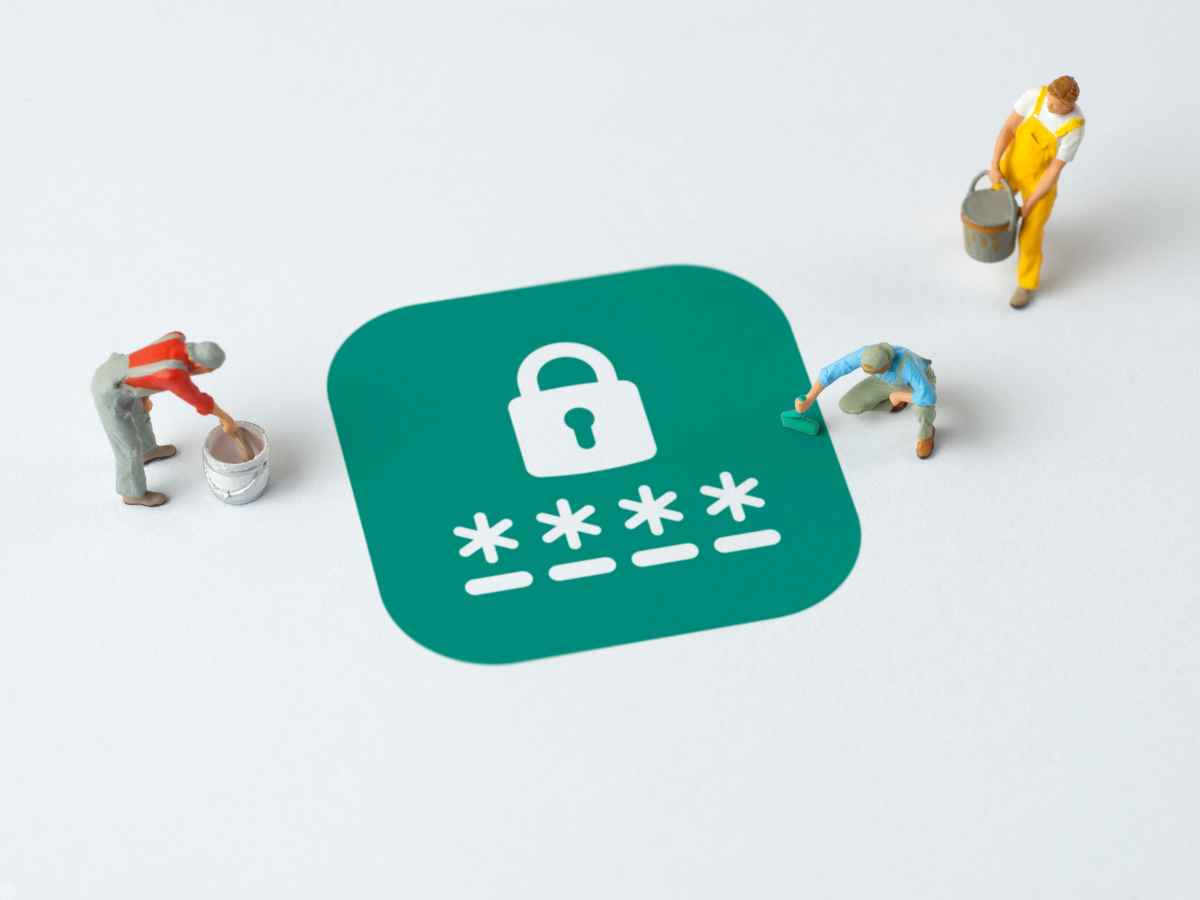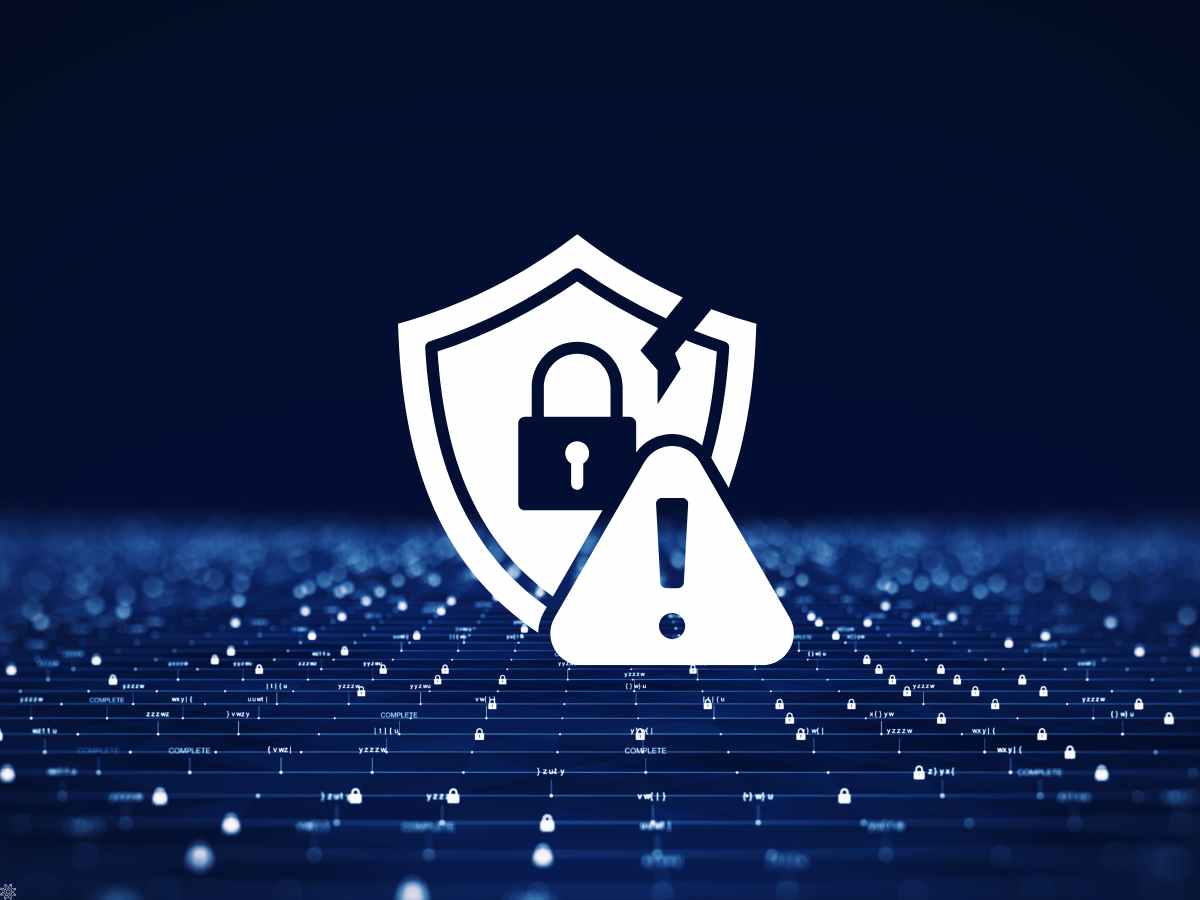“The only person who knows you the best is you.” Imagine you are on a track without a map or compass. The journey will be aimless and filled with confusion. It’s the same with the journey of life; self-awareness acts as our internal compass, guiding us through the challenges of personal and professional life. Self-awareness is all about acknowledging your emotions. It involves a deeper understanding of one’s emotions, strengths and weaknesses, values, and motives. By developing self-awareness, we can enhance our personal and professional life.
Understanding Self-Awareness
Self-awareness is the key to self-discovery. It is all about how aware you are of yourself. It includes recognizing and understanding your emotions, strengths, and weaknesses and having a strong overall sense of self. How better can you analyze yourself? The more deeply you analyze yourself, the more authentic you can express yourself, develop your potential, and discover your passions.
Importance of Self-Awareness in Personal Growth
Personal growth is about becoming the best version of yourself and self-awareness is the cornerstone of personal growth and success. It plays a significant role as it helps to know who you are and what you’re capable of. By understanding one’s area of interest and passion, one can leverage one’s potential to improve oneself.
Have you ever encountered a situation where you felt angry, emotional, or frustrated? Self-awareness can work as a miracle to control and avoid these emotions. A person who is well aware of himself and has control over his responses is strong. Emotional intelligence is a crucial aspect of self-awareness. When a person recognizes his emotions and triggers, he can develop strategies to manage conflicts efficiently and build stronger relationships.
Importance of Self-Awareness in Professional Growth
Self-awareness is just as crucial in professional life as in personal life. If you are seeking a job for a leader or management position, emotional intelligence plays a vital part. It is a very valuable yet hard to acquire skill as we are very quick to judge others, but we are reluctant to accept our flaws when it comes to us.
Self-awareness also enhances interpersonal skills, which is essential to establish a healthy work environment. Moreover, self-awareness helps in career development. Professionals who understand their strengths are better positioned to seek roles and projects that match their skills. They can also set realistic career goals and make informed decisions about their professional trajectory. For example, a person who is aware of their strong analytical skills might pursue roles that require data analysis or strategic planning.
Developing Self-Awareness
Developing Self-Awareness is a continuous practice that involves feedback and introspection. Practicing meditation daily and journaling can help individuals acknowledge their thoughts and behavior; the more well-aware you are of yourself, the more you can improve yourself.
The following tips will guide you towards a better self-assessment:
- Self-Analyze: This is the best practice for getting to know yourself better. While doing self-analysis, be honest with yourself. Acknowledge your emotions and behavior and try to find solutions to improve them. For a better self-analysis, refer to the self-awareness model.
- Embrace feedback: Be receptive to feedback from people with a positive mindset and use it as an opportunity for growth.
- Practice journaling: Writing is a powerful tool for self-reflection and emotional exploration. It lets you connect with your thoughts and acknowledge your emotions better.
- Use personality Assessment: Take a personality test to help you assess your strengths and weaknesses.
- Practice Self-compassion: Always remember making mistakes while learning new things is normal. Be kind to yourself and celebrate your small changes and growth.
Conclusion
Self-awareness is not an overnight journey. It takes time to establish and learn it. You can gain valuable insights into your behaviours, values, and goals through self-reflection, seeking feedback, utilizing personality assessments, and observing your emotional responses. Incorporating these practices will lead to a deeper understanding of yourself, allowing for more informed decisions, improved relationships, and a happier life.






